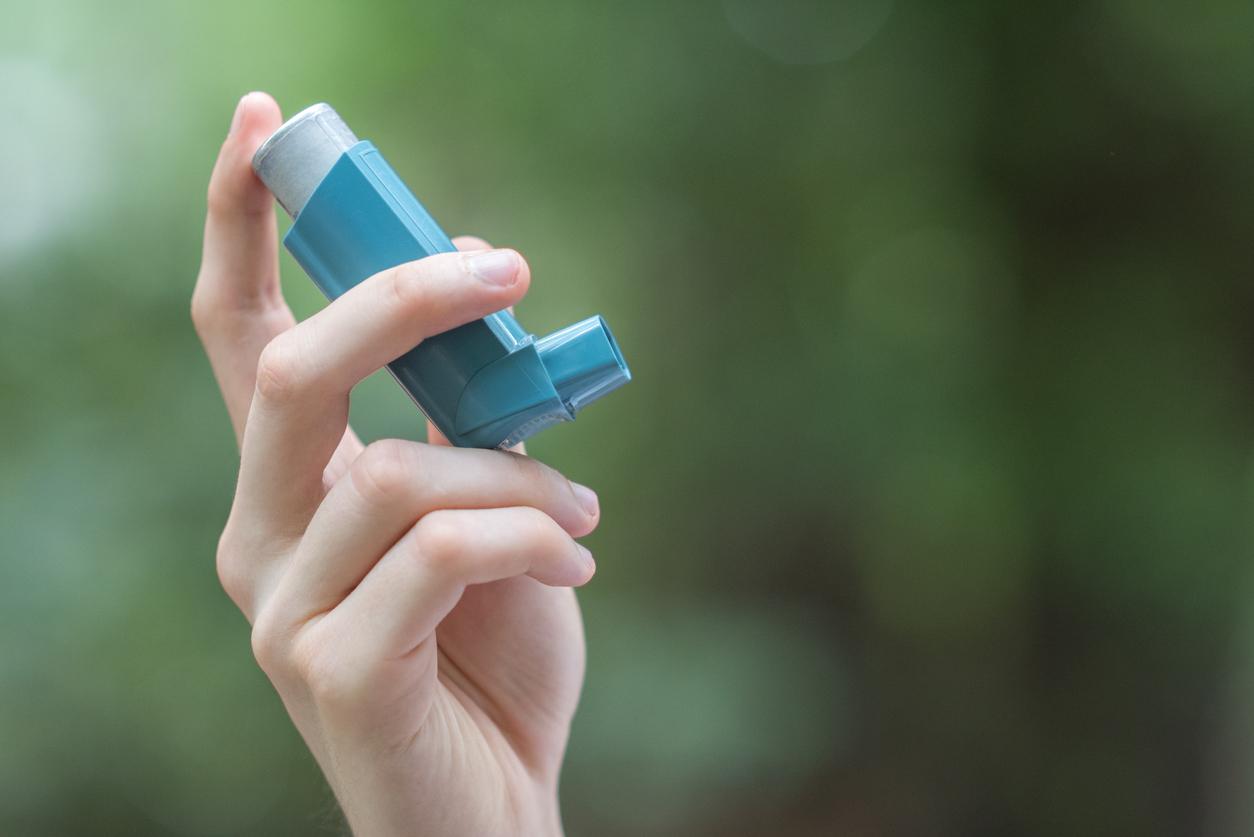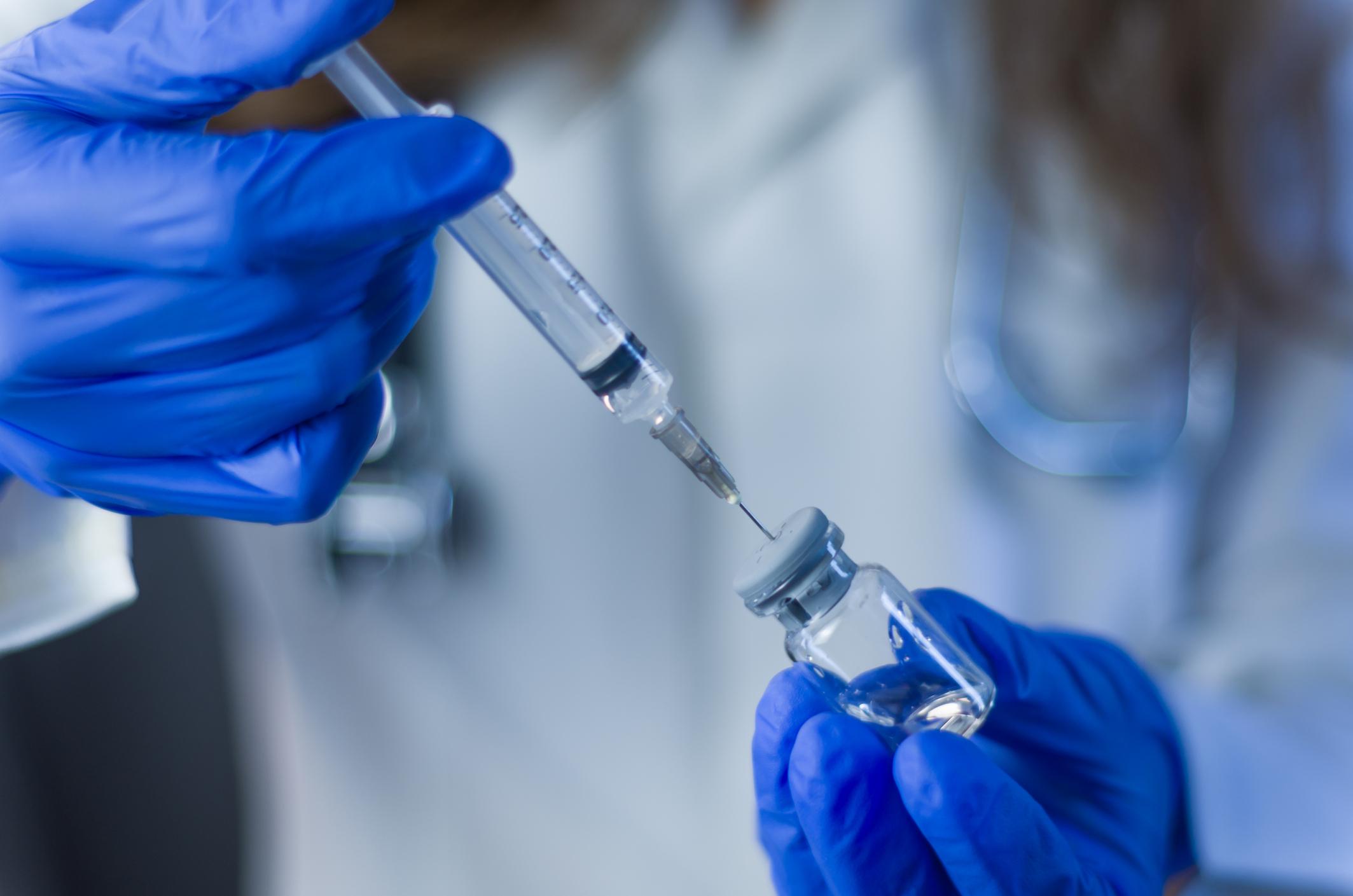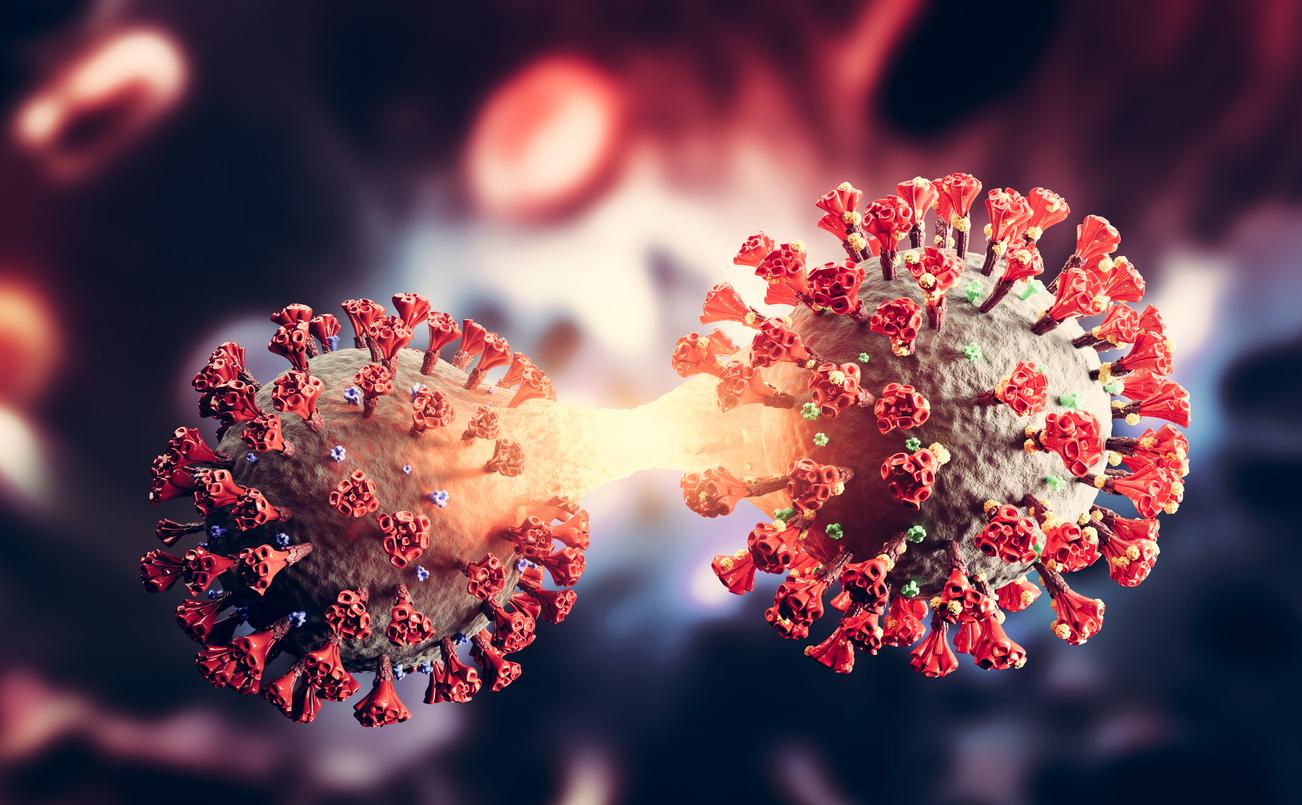The SARS-CoV-2 virus mainly attacks the respiratory tract, passing through the nose, mouth and lungs. In the race for treatment, several teams of researchers are looking for an alternative to the vaccine, which would take the form of a nasal spray to form a barrier to the coronavirus and prevent it from developing in the respiratory tract.
The latest experiment, which relies on gene therapy, was presented by the University of Pennsylvania. It is based on the introduction in the patient’s body, via the nose and throat, of genetic material. The cells would then trigger an immune response by producing antibodies that would protect against Covid-19. Currently this treatment developed en collaboration with the biotechnology company Regeneron, is tested on animals. But the researchers hope to get the green light from the US FDA to start testing in humans in January.
The nasal route more effective than the injection
The Australian track. A clinical study published on September 28 by the Australian company ENA respiratory also presented a new nasal treatment for Convid-19. “This treatment, developed to strengthen the human immune system to fight colds and flu, has been shown to be remarkably effective in reducing the viral replication of COVID-19” explains the biotechnology company. In a study conducted on ferrets by Public Health Great Britain, this product released by the nasal route (called INNA-051) reduced the replication of the virus by up to 96%. “We were amazed at the effectiveness of our treatment,” said Dr Christophe Demaison, CEO of Ena Respiratory. “By stimulating the natural immune response of ferrets with our treatment, we have seen rapid eradication of the virus.” Subject to successful toxicity studies, the company could launch human clinical trials in early 2021.
The French track. A team of CNRS researchers led by Professor Philippe Karoyan, from the University of the Sorbonne, may have found a new way to prevent this respiratory tract infection. They have indeed developed a protein which acts as a decoy, preventing Covid-19 from infecting lung cells.
For now, the tests have been carried out in the laboratory on lung cells but not yet on patients. Their study is being validated but a patent application has already been filed by a Start-up. “This innovative discovery could constitute an alternative therapeutic solution to vaccination” underline the researchers.
A second American track. Researchers at the University of Washington in St. Louis are also working to develop a kind of nasal vaccine, like they explain it in the journal Cell. In the early stages of conclusive testing, scientists found that nasally vaccinated mice exhibited a stronger immune response and robust protection against the coronavirus.
Comparing with an injection made into the muscles, the doctors noticed that the disease still managed to take hold, especially in the nose and lungs. However, the induced immune response prevented it from degenerating into pneumonia. Less serious therefore, but not completely protected... Unlike the nasal version which makes the patient “sterile” to any possible contamination.
It was carried out according to a particular method which consists in inserting a adenovirus rendered harmless and equipped with a protein usually used by the coronavirus to “attach” to cells in the human body. This adenovirus is transmitted to humans and creates immunity against SARS-Cov-2. While this constitutes an interesting discovery on the best way to administer the product, the clinical trial must still continue before being validated to market the vaccine.
Read also :
- Coronavirus vaccine (Covid-19): when will it be ready?
- Coronavirus vaccine: what do we know about “Sputnik V”, tested by Russia
- Coronavirus vaccine (Covid-19): 2 vaccine candidates produce an immune response
- Get vaccinated against the coronavirus? A quarter of French people say no


















